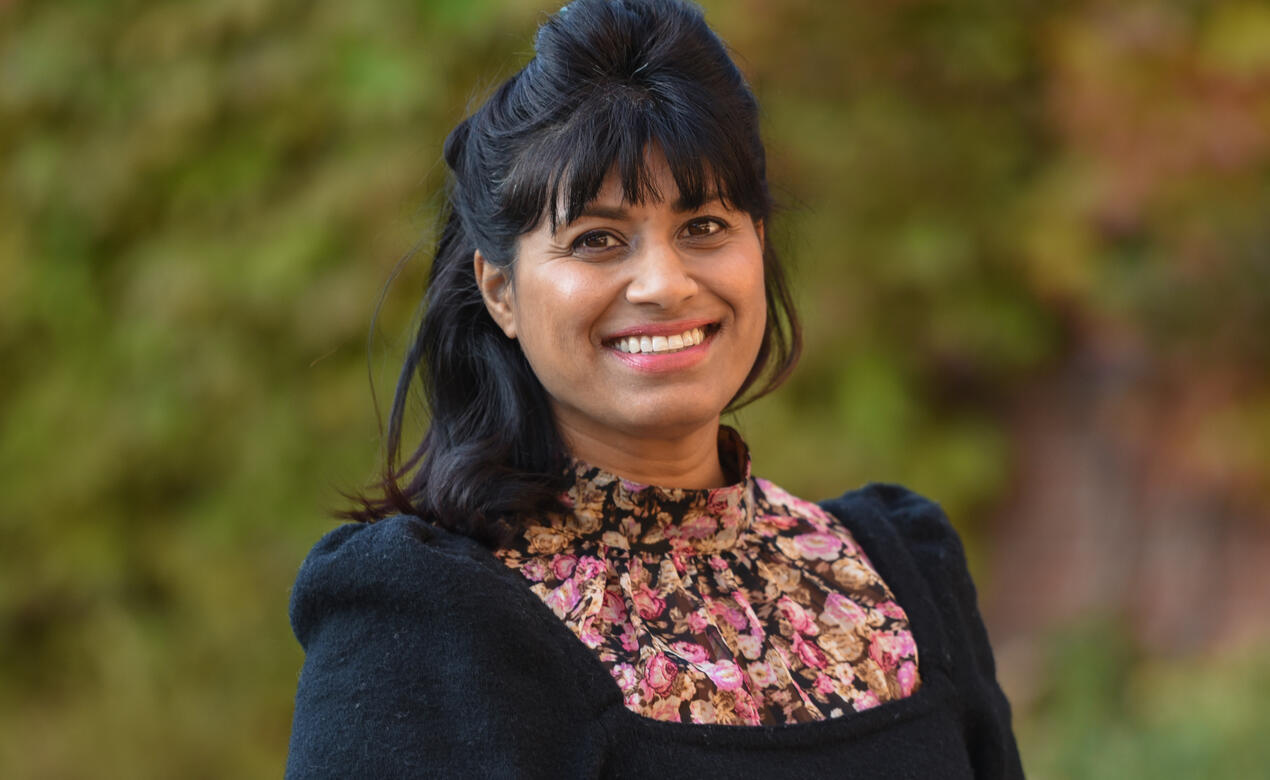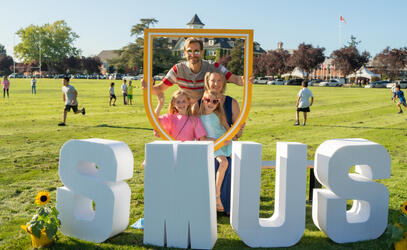
Pastoral care is the cornerstone of student learning. At its simplest, pastoral care is the provision a school makes to ensure the physical and emotional welfare of students. We here at SMUS take great pride in building our connections with students; whether it is through the curriculum-focused classroom or community based events like the Staff Chili Cook-off, our students are cared for under the guidance of all faculty and staff at the school who serve in “Loco Parentis,” in place of parents.
The SMUS homeroom (or TAG classroom) is where a myriad of these unstructured connections occur. In congregating almost daily with our homeroom communities at the Senior School, we foster a sense of unity and solidarity with our students that begins in their Grade 9 year as a group of students that stays together until graduation. During this intentionally scheduled block, homerooms exchange and share pertinent information, celebrate cultural holidays and birthdays, participate in team-building icebreaker games, and on occasion engage in difficult conversations, such as on the National Day for Truth and Reconciliation. It is here where strangers become friends, and trust and familiarity is built amidst days of rotating school schedules and the changing seasons.
One of my favourite activities to facilitate is the Christmas hamper drive where each homeroom is designated a specific family in Victoria to shop for before the holiday season. Nothing is more satisfying than working together with students to brainstorm ideas as to what our chosen family’s members would like to receive during the holiday season. When we come together to gather all of the donations, there is always a sense of joy and pride in knowing that as a community, we unite to help make a difference in the lives of local families.
Another engaging activity that I love to run during homeroom is, “Friendly Speed-Dating.” I admit that when I first proposed this activity, my homeroom let out a raucous groan but quite quickly the room filled with lively chatter as they bypassed their vulnerabilities to open up to their peers. At different times of the year, the homeroom group is divided into pairs which rotate along with alternating discussion prompts. Peers are encouraged to share pieces of themselves varying from what their pet peeves are, to their favourite real-life heroes. In exploring each other’s shared experiences, students create stronger bonds that build upon the social-emotional foundation of homeroom.
Finally, “breaking bread” regularly within the homeroom brings students closer together. Last year, when we were masked under the safety protocols of COVID-19, staff and students were encouraged not to mix and mingle closely with each other. Because my homeroom students could not play drama games together, let alone face each other while unmasked, I used food as a way to bond. Starting homeroom with mini oranges, wrapped baked goods or chocolate was (and still is) always well-received. Even now, the students greet each other with happy faces when sharing a savoury or sweet treat. When we come together to share food, we are actually engaging in a ritual of sharing sustenance together, contributing both to healthy minds and bodies.
Why are these community activities so vital to our students’ daily lives?
Homeroom is an additional chance during the week to recognize our students, learn more about them, enforce feelings of inclusion and set the foundation for our students’ social-emotional well-being. It is our job as a school community to ensure that students feel connected to their place here with us. Dr. Emma Seppala, who writes for the Stanford Center for Compassion and Altruism Research and Education, reveals that “social connectedness generates a positive feedback loop of social, emotional and physical well-being.”
Ideally, this positive feedback loop helps ground students in a space not only where they belong, but where they can succeed. Through a multi-level analysis of Canadian schools, researcher Gwen Bass reveals that, “interpersonal relationships at school influence academic achievement” and “students who reported positive relationships with teachers demonstrated higher academic achievement.” Creating a safe environment where students feel accepted and recognized allows them to have confidence in themselves and their abilities at both social and academic levels, and we are here for it.
Ultimately, promoting and staying connected with each other inspires us to be better and do better, together. This is the cornerstone of pastoral care here at SMUS where our mission is to do what is best for the hearts and minds of our students as we continue to ensure a safe and successful school year for all.


